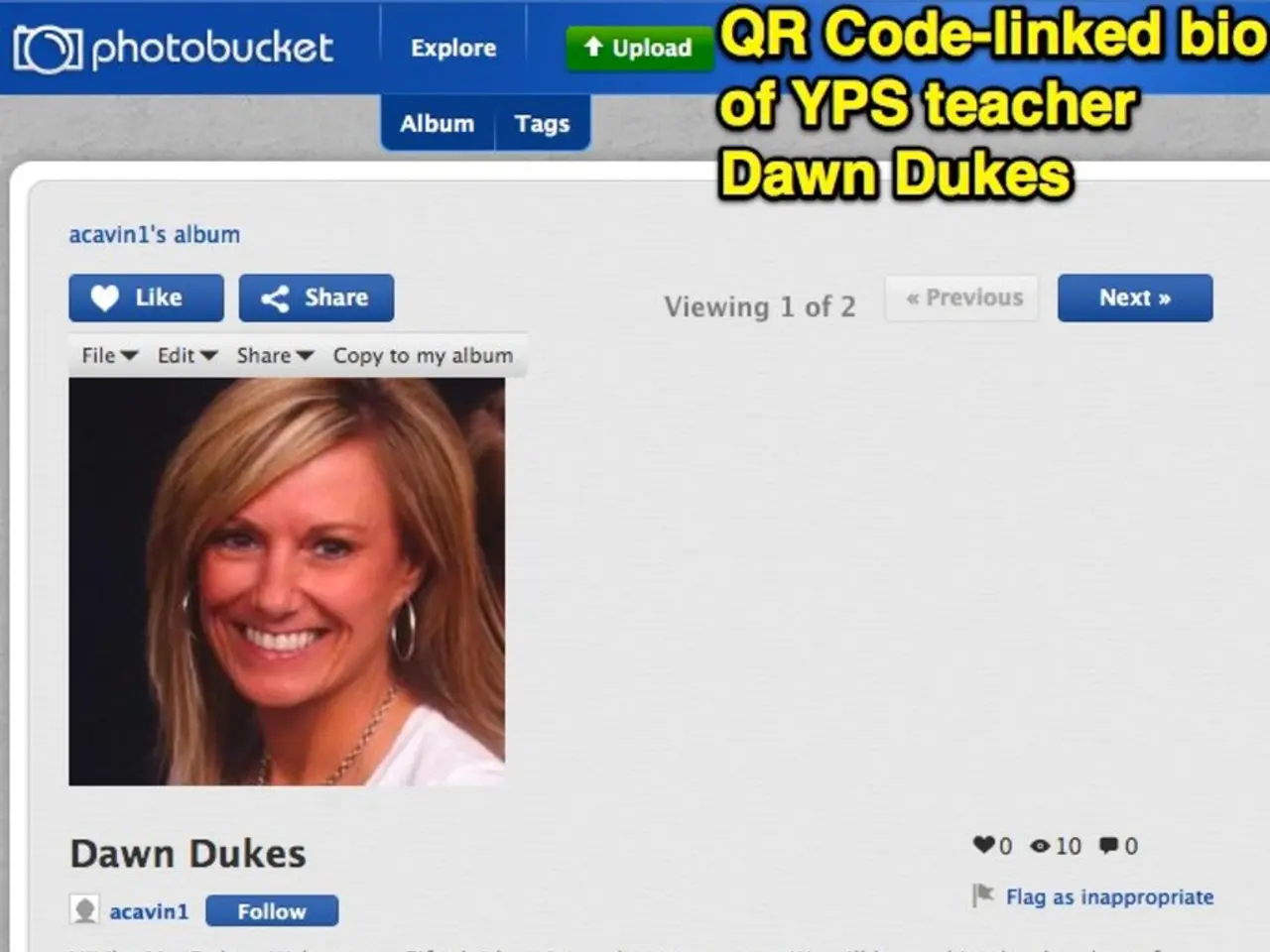Social Media's Potential Role in Aggravating Social Anxiety Issues
In the digital age, social media has become an integral part of many people's lives, with approximately 72% of Americans currently using at least one social media platform. However, research suggests that this constant connection may have a significant impact on adolescents and adults living with social anxiety.
A 2014 study showed that perceived Facebook social support may benefit people living with social anxiety symptoms. Participants who felt supported by other users reported feeling more at ease and enjoying social media. This finding was further supported in a 2018 study, which suggested that social media use could potentially reduce feelings of loneliness and foster a sense of community.
However, a review pointed to a few findings suggesting that people with social anxiety may be more prone to problematic social media use. Longer use of social media platforms may be associated with increased symptoms of social anxiety. This is because social media can potentially cause or intensify social anxiety symptoms for those who already live with the disorder.
According to Charna Cassell, a licensed marriage and family therapist in Oakland, California, social media can cause social anxiety if one feels they don't "live up" to the ideals on their feed, leading to increased worry about what others think of them or how their online life may compare to their offline life. This worry can manifest as symptoms such as significant fear or anxiety of being judged, significant fear or anxiety of being in social situations, avoidance of social situations, intense fear and anxiety when exposed to them, fear or anxiety that doesn't match the possible threat that the situation poses, and intense distress or impairment in occupational, social, and cognitive areas, as outlined by the Diagnostic and Statistical Manual of Mental Disorders. Fifth Edition (DSM-5).
Moreover, social media can potentially cause social anxiety symptoms for the first time in some cases. For instance, the fear of missing out (FOMO) could lead to comparing one's experiences with others, sometimes creating a sense of inadequacy. New followers, "likes," enthusiastic comments can trigger the reward system in the mind, causing the brain to release dopamine, a "feel good" hormone. However, this constant seeking of validation can lead to addiction-like behaviours, such as checking social media first thing in the morning or feeling compulsive use.
Interestingly, a study found that people with social anxiety who experienced social support and connectedness while using social media benefited greatly when they didn't have offline access to these resources. This suggests that social media can serve as a valuable tool for those living with social anxiety, providing a platform for connection and support.
In conclusion, while social media can offer numerous benefits, it is essential to be aware of its potential impact on mental health, particularly for those living with social anxiety. Balancing the benefits and potential risks is crucial to maintaining a healthy digital lifestyle.








